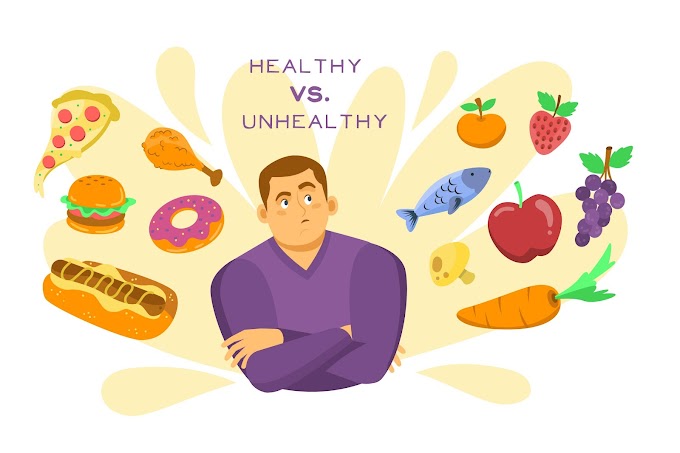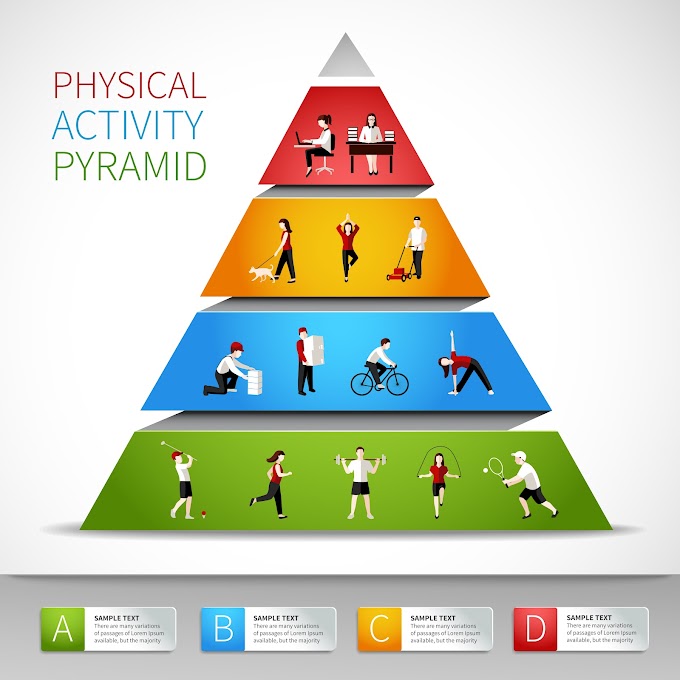Is Falling Asleep After Eating an Early Sign of Diabetes?
In this comprehensive article, we explore the intriguing topic of whether falling asleep after eating can be a symptom of diabetes. We aim to provide valuable insight into this potential association and provide reliable data on postpartum sleep and its effects
Explore different diabetes variations :
3.1 The mystery of type 1 diabetes
Also known as insulin-dependent diabetes or juvenile diabetes, type 1 diabetes usually manifests itself in childhood or adolescence. This curious type involves an aggressive attack by the immune system on the insulin-producing beta cells of the pancreas, leading to their destruction. As a result, people with type 1 diabetes need regular insulin injections to survive.
3.2 Unraveling the complications of type 2 diabetes
Taking precedence as the most common manifestation, type 2 diabetes comprises approximately 90% of all diabetes cases. Although it often manifests in adulthood, a disturbing trend shows increasing incidence among children and adolescents due to sedentary lifestyles and unhealthy eating habits. Type 2 diabetes occurs when the body either produces insufficient insulin or becomes sensitive to its effects.
3.3 Complications of gestational diabetes
Gestational diabetes appears during pregnancy, arising from hormonal imbalances that provoke insulin resistance
Hypoglycemia following a meal :
1. Digestion: Digestion consumes energy, resulting in a temporary decrease in energy levels and possible drowsiness.
2. Serotonin release: Some foods contain tryptophan, which contributes to serotonin production and can induce relaxation and sleep.
3. Overeating: Eating large amounts of food diverts blood to the digestive system, causing sluggishness.
4. Nutritional imbalances: Foods lacking essential nutrients can affect energy levels and cause drowsiness.
5. Portion control: Avoid overeating and choose smaller, more frequent meals throughout the day.
6. Mindful eating: Chew food well and eat slowly to aid digestion.
Conclusion
Although sleepiness after eating is usually normal, persistent and extreme sleepiness after eating can indicate underlying health problems, including diabetes-related factors. If concerned, consult a health care professional for evaluation.
Unraveling the mystery of diabetes ?
After realizing the complications of postpartum fatigue beyond mere nutritional causes, familiarize yourself with the mysterious symptoms of diabetes that demand your attention. If obvious indicators of diabetes appear, prudence dictates consultation with a physician.
Here are additional exposures to watch out for:
. Increased thirst and frequent urination
. laziness
. Loss of body mass
. Blurred visual acuity
. Slow wound recovery
. Paresthesia or numbness of hands
. Pain after hunger
. Temperament and irritability aptitude
Unraveling the mysteries of diabetes management through optimal nutrition ?
Creating the perfect diet to effectively manage diabetes remains an enigmatic quest. The labyrinthine complexities of balancing blood sugar levels, maintaining vital nutrients and achieving a healthy weight make this a compelling journey. Here's an expedition of dietary revelations tailored specifically for those navigating the realm of diabetes.
1. Embrace Complex Carbohydrates: In the realm of nutrition, let whole grains like brown rice, quinoa, whole wheat bread and oats be your go-to treasures, avoiding the temptation of refined carbs. Complex carbohydrates, like the elusive puzzle, hold the secret to tampering effects on blood sugar levels, preventing sudden spikes.
2. Unlock the power of fiber: See the magic woven into the tapestry of fiber maintenance, where vegetables, fruits, legumes and whole grains combine to regulate blood sugar levels and unveil the banner of digestive health.
3. Embrace the Art of Portion Conundrums: When going down the carb route, be careful with portion size monitoring. Even the most benign of idols can create a serenade of blood sugar spikes when overindulged.
4. Shield yourself from the temptation of added sugars and sweets: The siren call of sugary drinks, sweets and processed foods beckons, but resist their allure, as they have the ability to trigger a rapid blood sugar crescendo.
5. Uncover the Secrets of Healthy Fats: Avocados, nuts, seeds, and olive oils light the way to a heart glowing with vitality, while blood sugar balance is carefully orchestrated.
6. Invoke the blessings of lean protein: Like a chorus of parents, poultry, fish, tofu, legumes and low-fat dairy offer the gift of satiety and steady blood sugar levels.
7. Initiatives to tame the saline tempest: Administer sodium gels to protect the sanctum of cardiovascular health as the winds of diabetes invade the heart's citadel.
8. Indulge in the elixir of hydration: the elixir of life, in the form of water, nourishes the soul with wellness, warding off the specter of dehydration, a menace for diabetics.
9. Dance to the Rhythm of Regular Mealtimes: Embrace the symphony of routine by sticking to regular mealtimes, maintaining a harmonious balance in blood sugar levels.
10. Decipher the fascinating language of carbohydrate intake: For those who dare to uncover the magic, the mysterious art of carb counting can reveal a powerful way to manage blood sugar levels. Consult a seasoned dietitian or a knowledgeable diabetes educator to embark on this quest for precision.
11. Never skimp, never skimp: No meal can be foregone as the sun rises and sets, as the perilous journey of skipping meals can cause the unwary traveler's blood sugar to fluctuate. Eat regular, nutritious meals and eat healthy snacks should you be hungry.
In the ever-changing landscape of diabetes management, nutritional knowledge stands as a powerful ally. Equip yourself with these amazing principles, and may your journey be blessed with well-controlled blood sugar wins and a life full of vitality.
























0 Reviews:
Post Your Review